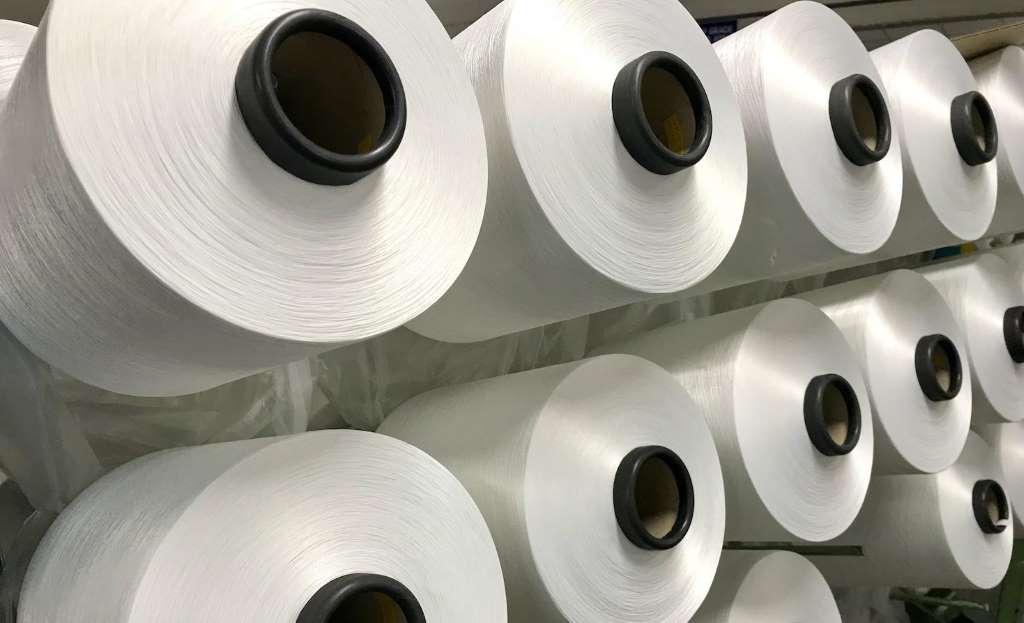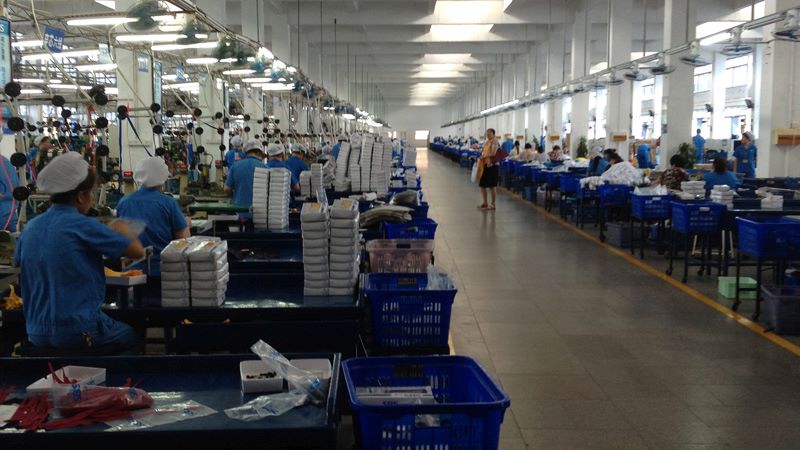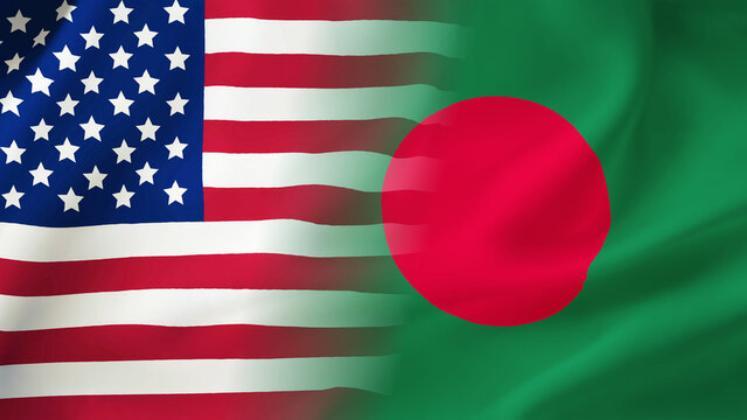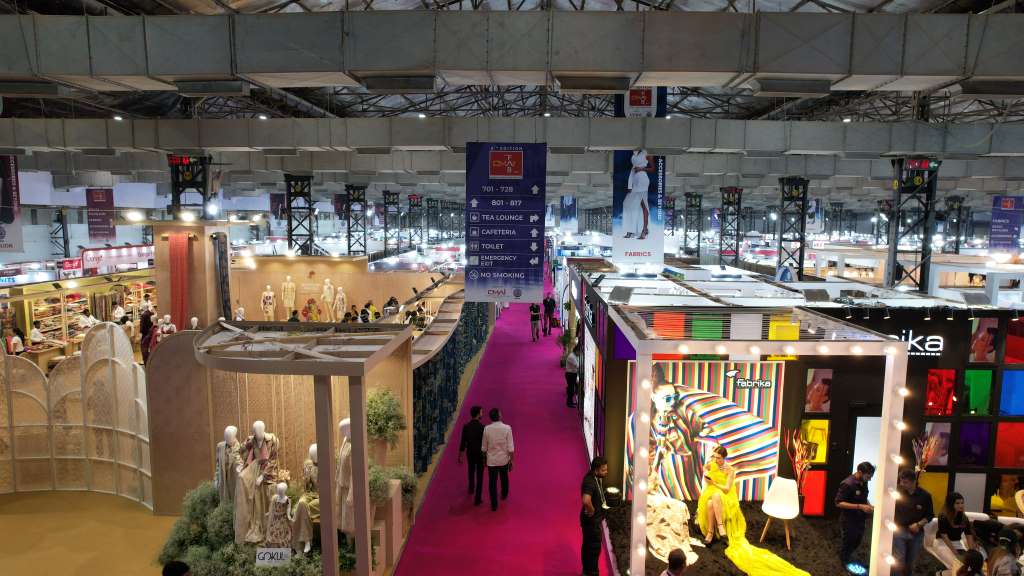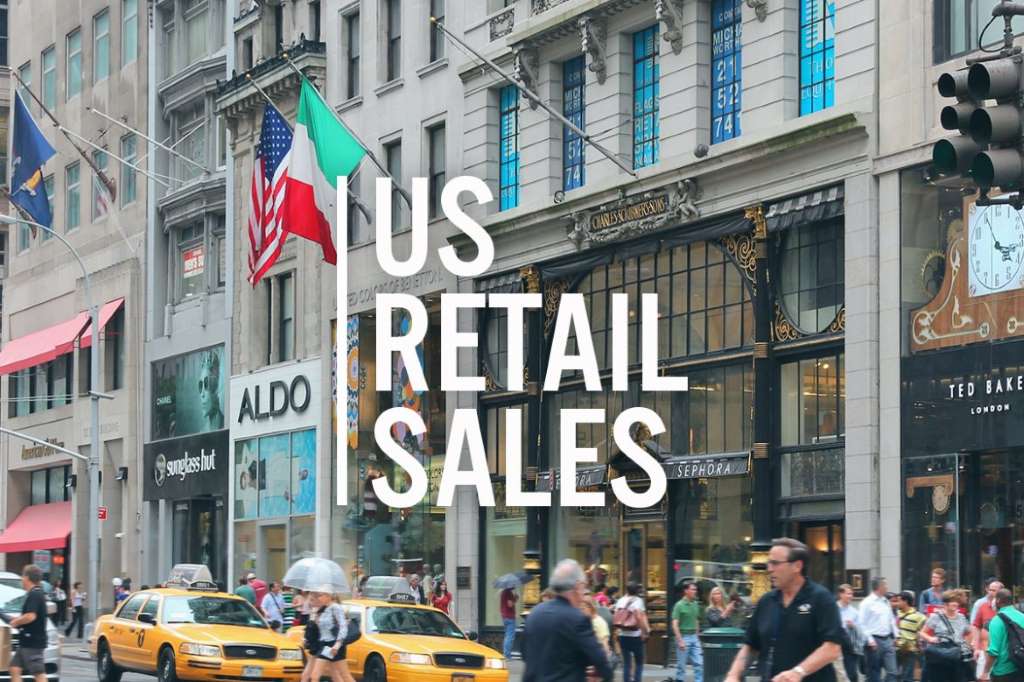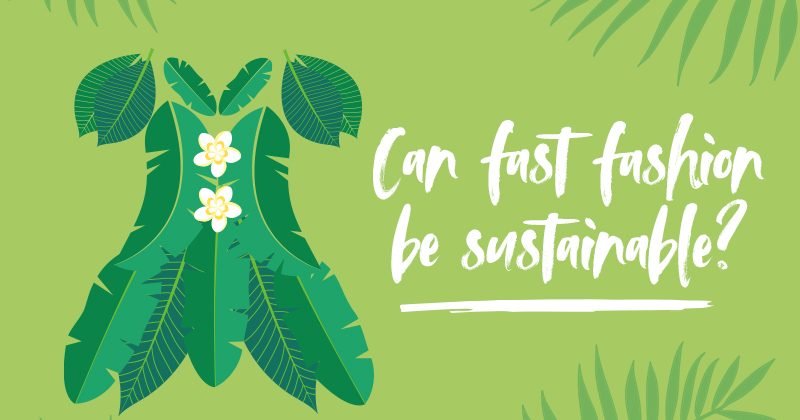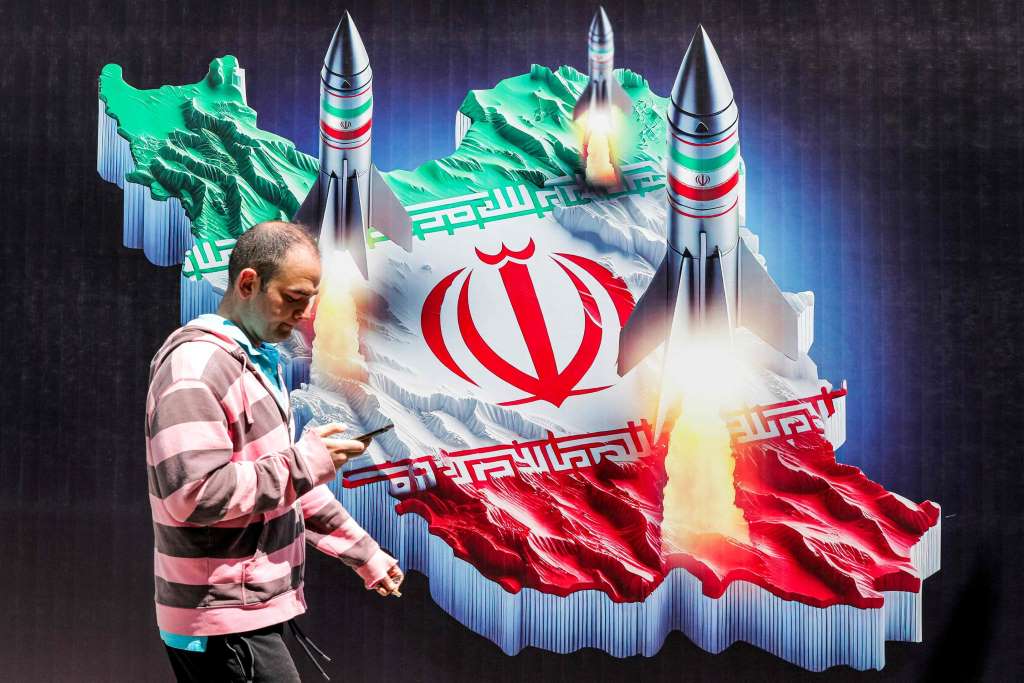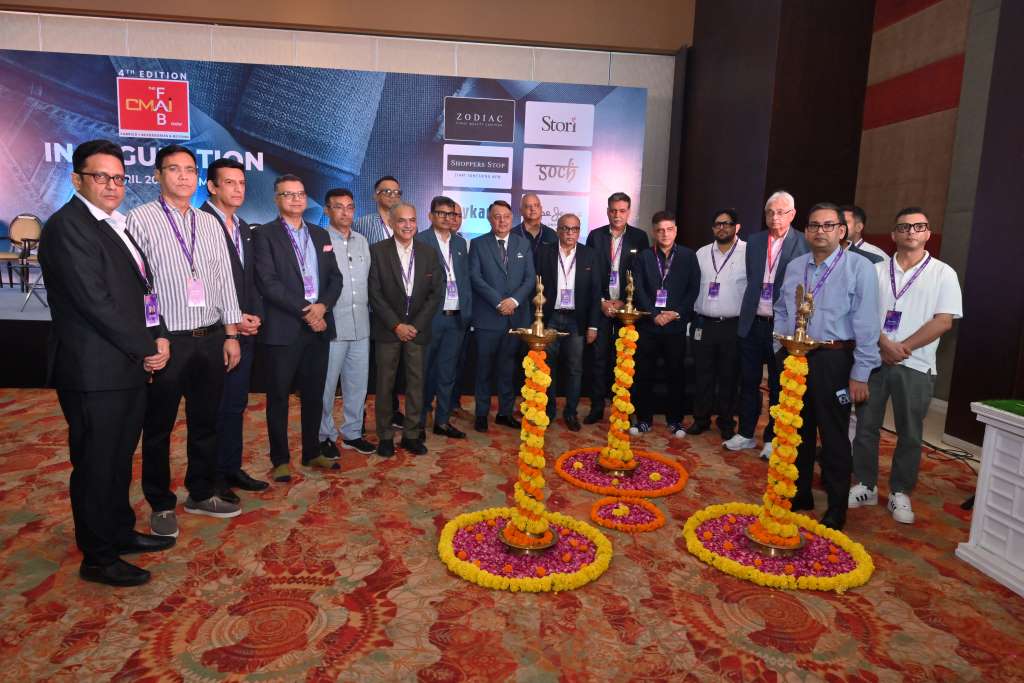
Major retail destinations across the globe struggled to sustain demand throughout 2020 and 2021 as they continued to grapple with domestic lockdowns and international travel bans. Landlords were forced to reconsider rental terms in a few markets as footfalls at stores declined. Extensive vaccination programs helped locations such as the UAE to open international borders and lift restrictions relatively quickly, boosting recovery across sectors such as real estate, tourism and retail. As per international property advisor, Savilles, key trends emerging in the sector post lifting of restrictions include:
Reinforcing their global status
Quicker to recover than other destination cities, New York, Paris and London quickly reinforced their positions as successful retail locations, as per the Savills Retailer Attractiveness City ranking, produced as part of its 2022 global Impacts research program. In contrast, cities dependent on the tourism industry, are likely to take longer to recover.
Expansion opportunities for retailers
The pandemic forced retailers to discover several new markets. These markets are set to present several new exciting opportunities in future. Some of these emerging markets are in the Middle East and China. In, particular, the Middle East market is set to provide retailers strong opportunities with demand shifting away from pure franchises to brand-owned stores in key locations, and a strong focus on luxury. Tier II and III cities in China are also set to provide significant new opportunities.
Stores transforming into experiential centres
Though most brands struggled to sustain demand across the pandemic, performance in sectors such as, athleisure, homeware, wellness, food and beverage and electric vehicles surged both online and offline. Capitalizing on strong revenues and attractive store opportunities, these sectors continue to trade well over the past 18 months. They can now acquire new sites and grow their physical footprints
Luxury brands meanwhile can relocate to large units in stronger locations. This has already transpired in the Middle East and will now accelerate. Physical stores were already transforming before the pandemic. They now expanded into aspirational destinations spanning leisure and entertainment.
New concepts to attract consumers
In the Middle East, retailers and mal operators have introduced several experiential concepts to appeal and stay relevant to their audience. Majid Al Futtaim, Mall Operator, Middle East launched a concept store named ‘That’ in Dubai’s Mall of the Emirates offering goods and experiences. Among other things, the store offers salons, a fitness studio and smart mirrors to try on their products and aims to become a lifestyle destination of sorts. Meanwhile, global sports labels Adidas and Nike also offer experience-based environments in their respective stores in The Dubai Mall where customers can play sports or personalise their products.
The reverse trend of brands taking on stores is also strengthening. These inevitable challenges have introduced many new trends including rationalizing of store footprint by mass-market fashion brands, the emergence of experiential brand spaces, and a refocusing on key streets and city centres.
Physical retail thus continues to remain a relevant tool for brands and retailers to connect with consumers. It helps them drive retail sales and provide consumers with an experiential space to satisfy their needs.

